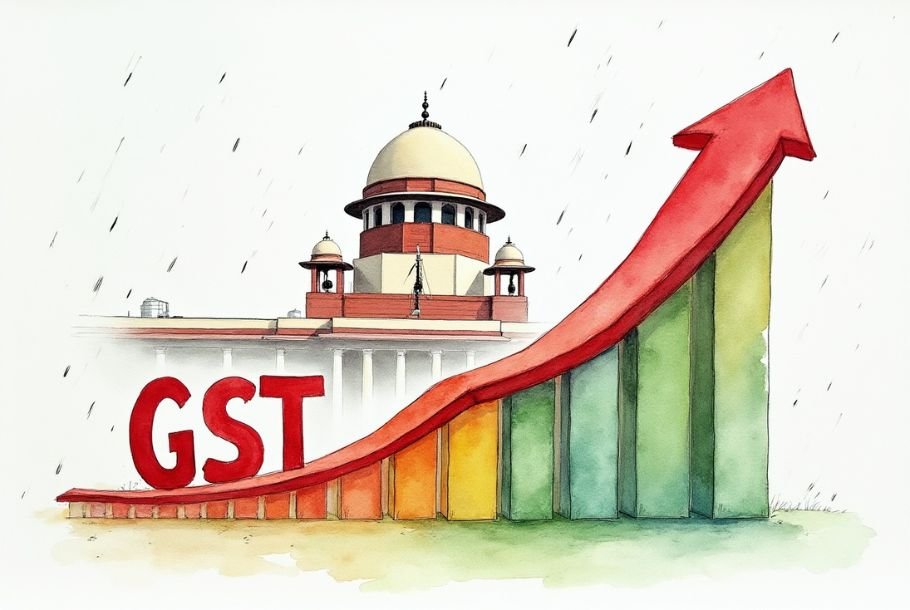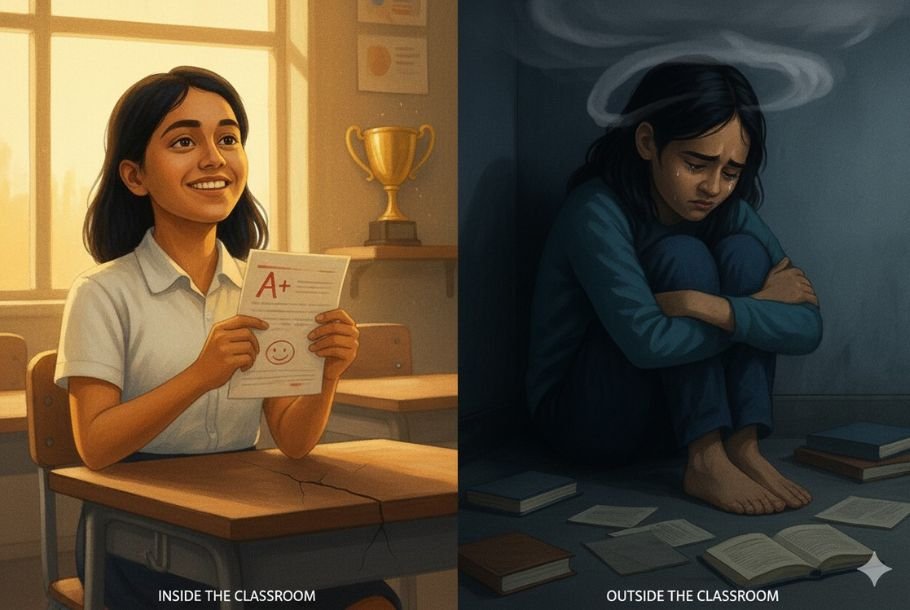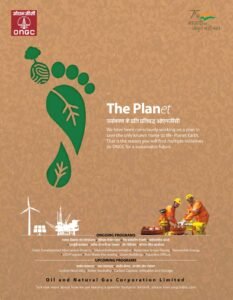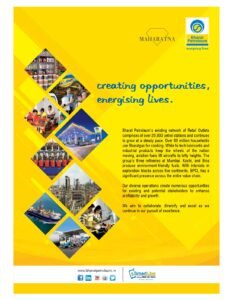
Plastic is the paradox of our time. Invented for convenience, hailed for versatility, and now condemned for its permanence—it has gone from miracle material to environmental menace in just a few decades. Oceans choke with plastic waste, marine animals perish from ingestion, and microplastics have now entered our food chain, our water, and even our bloodstreams. The image of a plastic bottle drifting in the sea has become the universal symbol of pollution.
The dangers are undeniable. India alone generates over 3.4 million tonnes of plastic waste annually, and a significant portion of it ends up unmanaged. Plastic bags clog drainage systems, PET bottles float endlessly in rivers, and landfills grow like synthetic mountains. Its resistance to degradation, once considered an advantage, is now a global crisis. According to UN estimates, it takes hundreds of years for plastic to decompose—time the planet simply doesn’t have.
But here’s the question we rarely ask: Can plastic, the villain, become part of the solution?
It’s time to stop looking at plastic solely as waste and start seeing it as a resource—one that, if redirected, can support infrastructure, generate livelihoods, and drive innovation. The problem isn’t plastic itself. It’s how we’ve misused and mismanaged it.
A Different Way of Thinking: Plastic as a Building Block
Across the globe, innovators are reimagining plastic not as trash, but as a raw material for transformation. In India, initiatives like plastics-to-roads have already gained traction. Cities like Pune and Chennai are using shredded plastic waste to lay stronger, more durable roads. These roads not only recycle thousands of kilos of non-recyclable plastic but are also resistant to potholes and wear—a practical and scalable solution.
Elsewhere, social enterprises are converting plastic bottles into modular bricks, which are being used to build homes, schools, and toilets in underserved communities. These eco-bricks are waterproof, fire-resistant, and affordable—a triple win in the face of both housing and environmental crises.
This presents a powerful opportunity for CSR programs. Imagine a project that collects plastic waste from urban slums and turns it into building material for rural classrooms. Or one that trains women’s self-help groups to manufacture plastic-based street furniture, tiles, or shelter kits. Such initiatives don’t just clean the environment—they uplift communities, create green jobs, and drive circular economies.
CSR as a Catalyst for Plastic Transformation
Corporates can and must play a pivotal role in this rethinking of plastic. A CSR initiative built around plastic repurposing can tick multiple sustainability boxes: environmental conservation, livelihood creation, skill development, and even education infrastructure.
For instance, a company can set up decentralized plastic collection units in partnership with local municipalities, employ waste pickers and train them in sorting and processing, and channel the waste to certified organizations converting plastic into usable construction material. The same company can fund the construction of community centers, libraries, or Anganwadi centers using these materials—thus closing the loop.
Such a program doesn’t just reduce plastic pollution—it also tells a story of transformation. It sends a message that what was once considered waste can be reborn as a resource. It shifts the narrative from despair to innovation.
A New Plastic Narrative
Demonizing plastic alone won’t solve the problem. We need smarter, more imaginative ways to deal with it. While reducing plastic consumption and promoting biodegradable alternatives remain critical, so does harnessing the plastic already in circulation. The key lies in rethinking plastic’s role—not as a curse, but as a challenge that can fuel innovation.
Through visionary CSR programs, companies have the opportunity to lead this transformation—to not just clean the environment, but to rebuild lives and landscapes from the very material we once discarded.
Plastic may not disappear anytime soon. But with responsibility, creativity, and commitment, we can ensure it finds its place in building a better, cleaner future.


















